

Stretching for solidarity in global Anabaptist education
In a time when the role of education is being contested, and church bodies are experiencing divisions, something new is coming together.
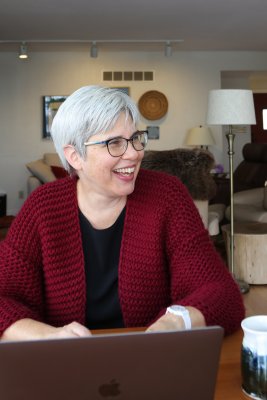
Goshen College President Rebecca Stoltzfus offers regular and intimate reflections on campus, interesting people she’s met, conversations she’s part of and higher education today.
Email her: president@goshen.edu



In a time when the role of education is being contested, and church bodies are experiencing divisions, something new is coming together.
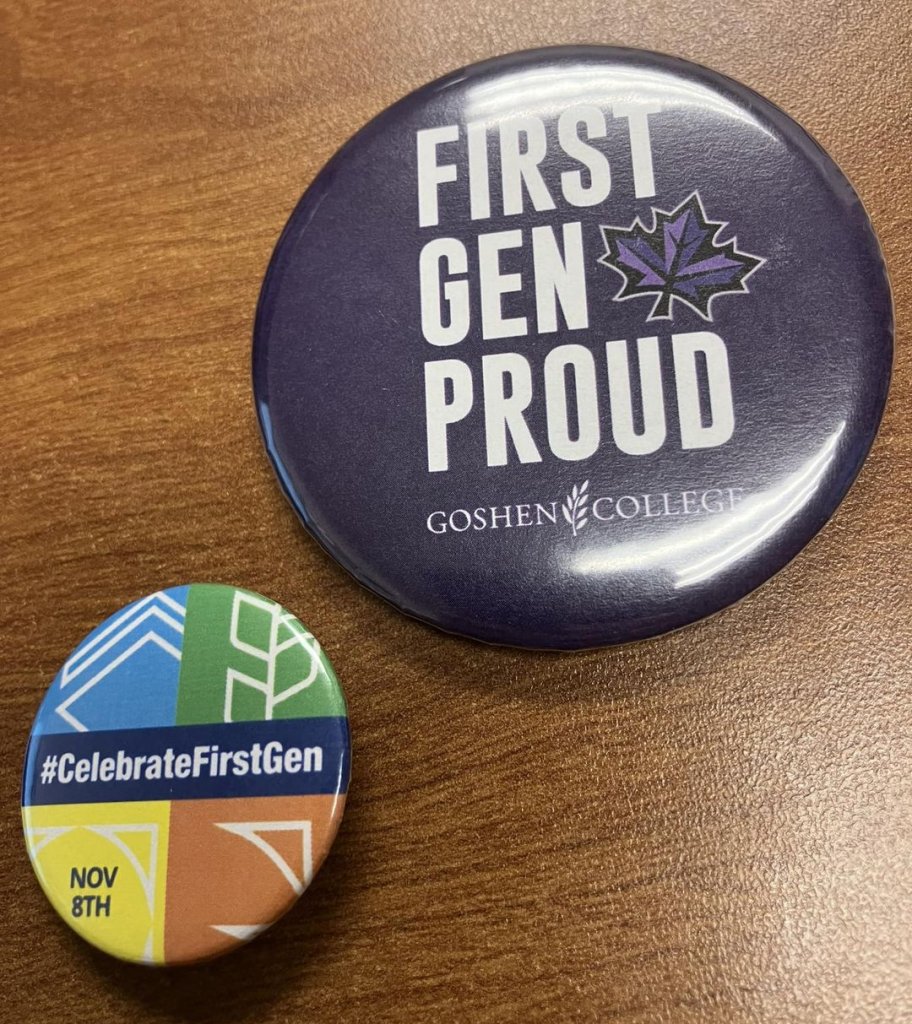

Today is national First-Generation College Celebration Day. Nearly half of our students are the first in their families to go to college, and many of our staff and faculty are similarly first-gen. I am the second generation in my family to go to college, but as the 18th president of Goshen College, I am the first president who is not first generation. Goshen has a long history of serving and being led by first-gen scholars.


If you are a college president, which I happen to be, your inbox is full of alarms and advice about the winds of conflict on campuses this fall.
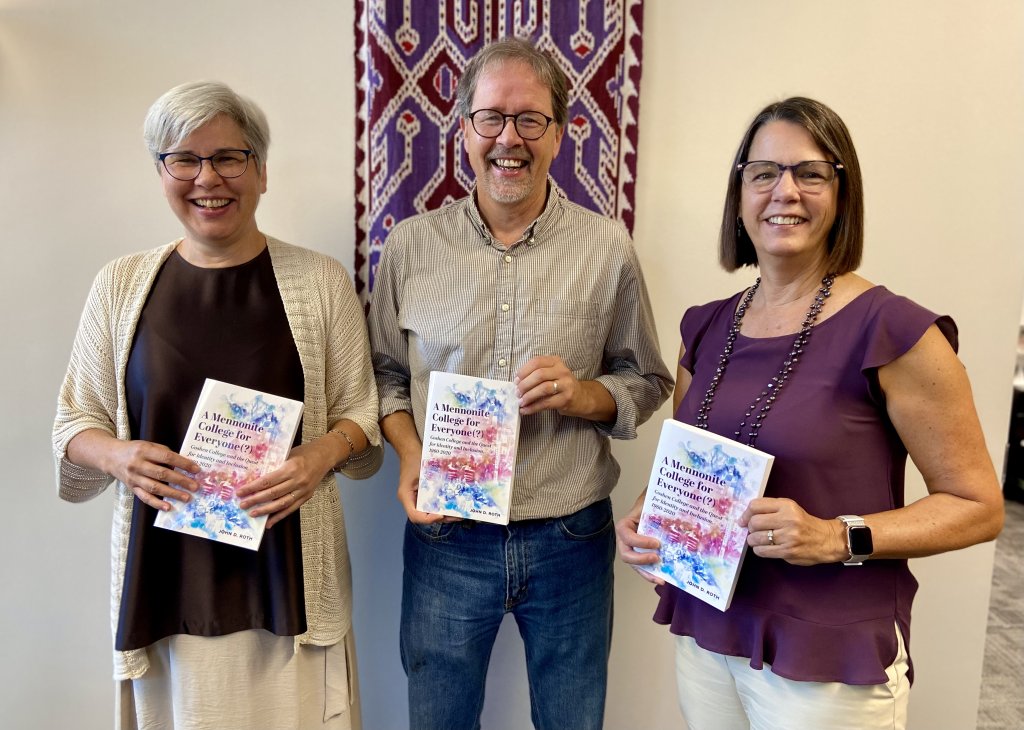

It is no secret and no surprise: Goshen College has been in many ways subverted – turned from below – by our inquiring and passionate students and faculty and the transformational changes they have brought about. John D. Roth, professor emeritus of history and a leading Anabaptist-Mennonite scholar, illuminates and honors that history in: "A Mennonite College for Everyone(?): Goshen College and the quest for identity and inclusion, 1960-2020."


“How can you be inclusive if you are Christ-centered?” This is one of the questions still ringing in my ears from a recent regional gathering. Is it possible that in this time of acute and painful need for us to get along better, our most radical vocation is to go deeper — rather than thinner — on our Anabaptist-Mennonite identity, because to be Christ-centered is true fuel and seed for such a new creation?
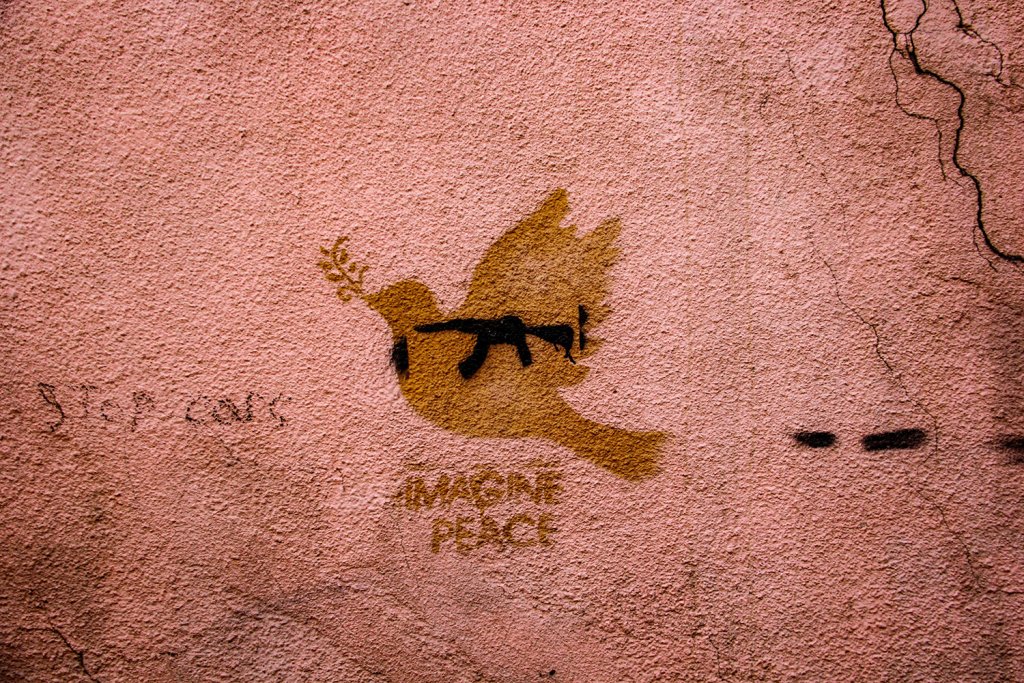

I ended my last blog with the question: how would Goshen College be different if we were more truly centered in robust and productive engagement across lines of difference? I suggest we need to become more intentional about three things: security, curiosity and nonviolent communication.
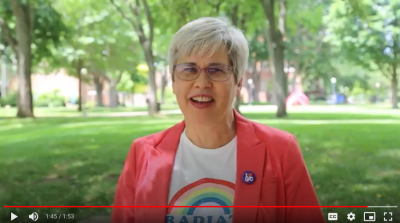

During this Pride Month, we at Goshen College celebrate the lives, love and impact of our LGBTQIA+ students, employees and alumni.
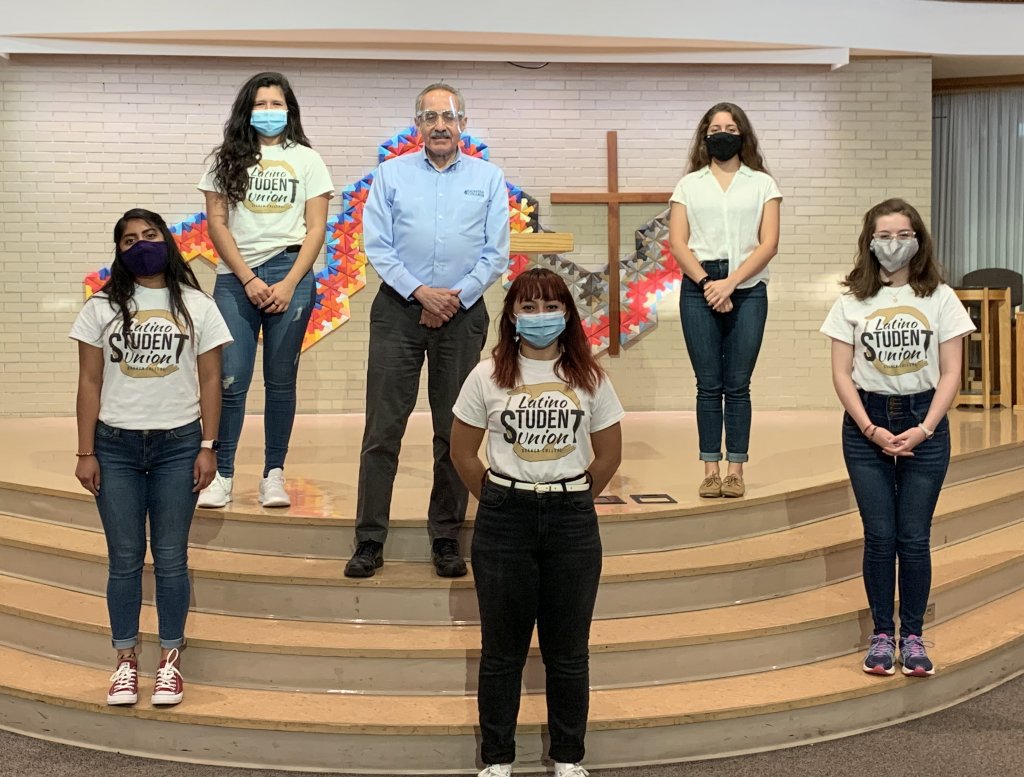

In 1983, when I was a student at GC, I wrote my senior paper on the topic of gender. That was three years after Dolly Parton, Jane Fonda and Lily Tomlin overthrew their male boss in the movie "9 to 5." Things have changed! But gender is every bit as important today, and for some new reasons.


In the midst of the heartbreak, tensions and tedium of the pandemic, I am alert to the changes happening within myself and in our society that may form the lasting legacies of this time. Some of these are causes for hope.
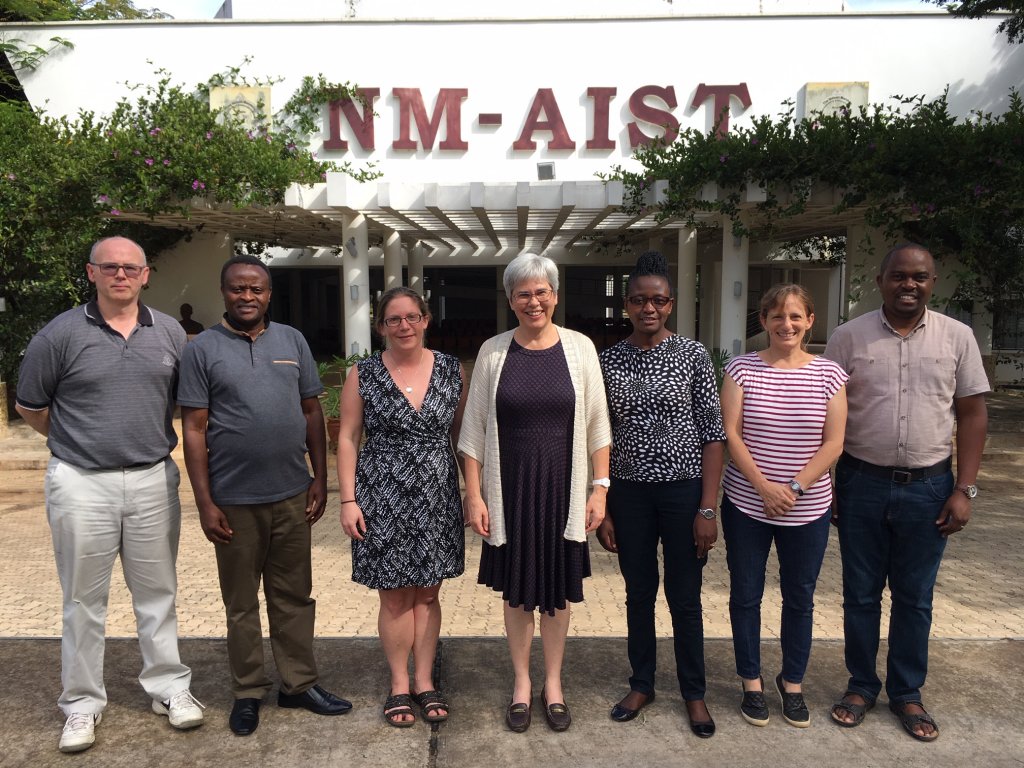

Last week I was in Arusha, Tanzania to lead a research team meeting at Nelson Mandela African Institute for Science and Technology (NMAIST). I’ve been doing collaborative research on the health of mothers and children in Tanzania since 1992.
